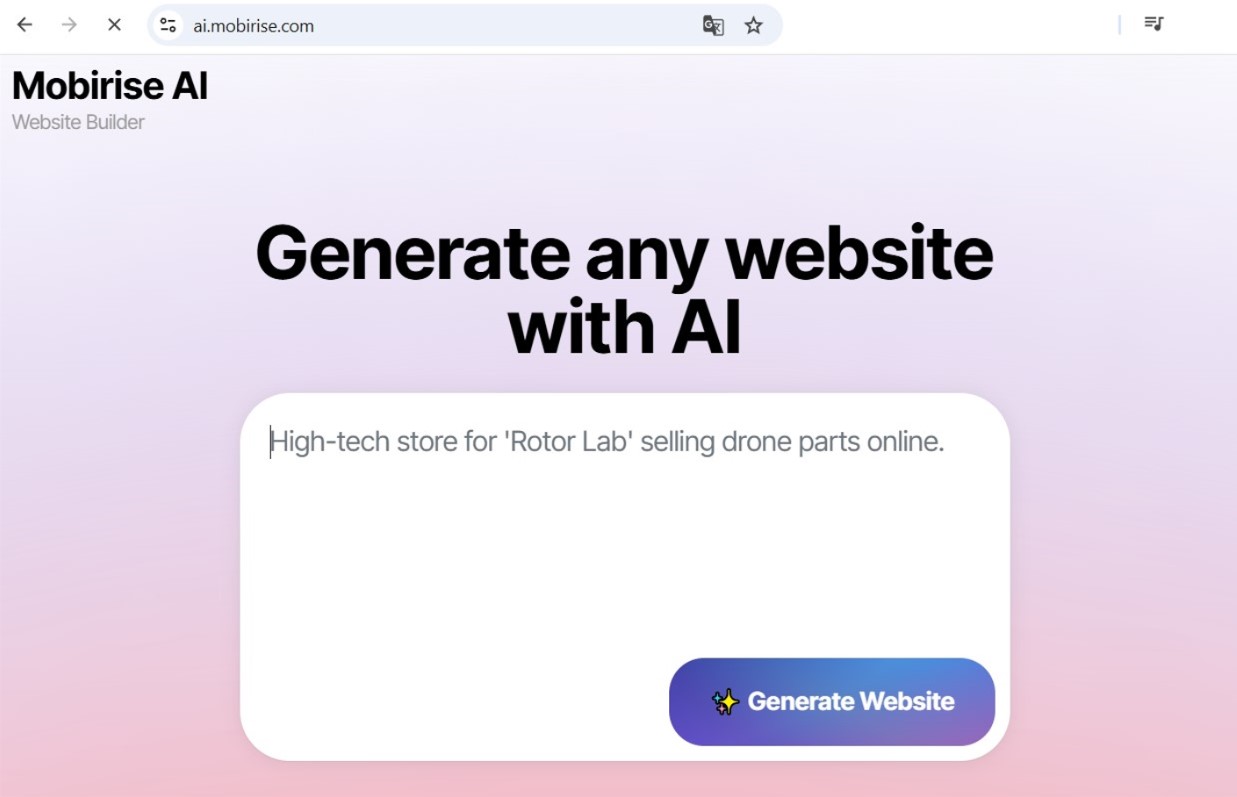Forget Everything You Know About Web Design. AI Just Rewrote the Rules for 2026.
The era of the undifferentiated, one-size-fits-all online presence is officially over. As we navigate 2025 and 2026, the dominant "AI vibe" in online development is an instance of fundamental adaptation. The motivation of the AI website generator is Artificial Intelligence, serving as a expert customizer for every sole operator who browses a site. This is not only about embedding a visitor's handle into a acknowledgment; it's about basically overhauling the data, functionality, and design of a digital property in the moment to create a unique engagement for an clientele of just one. This transition is leveling advanced website development and reshaping what it represents for a web property to be actually "user-centric."
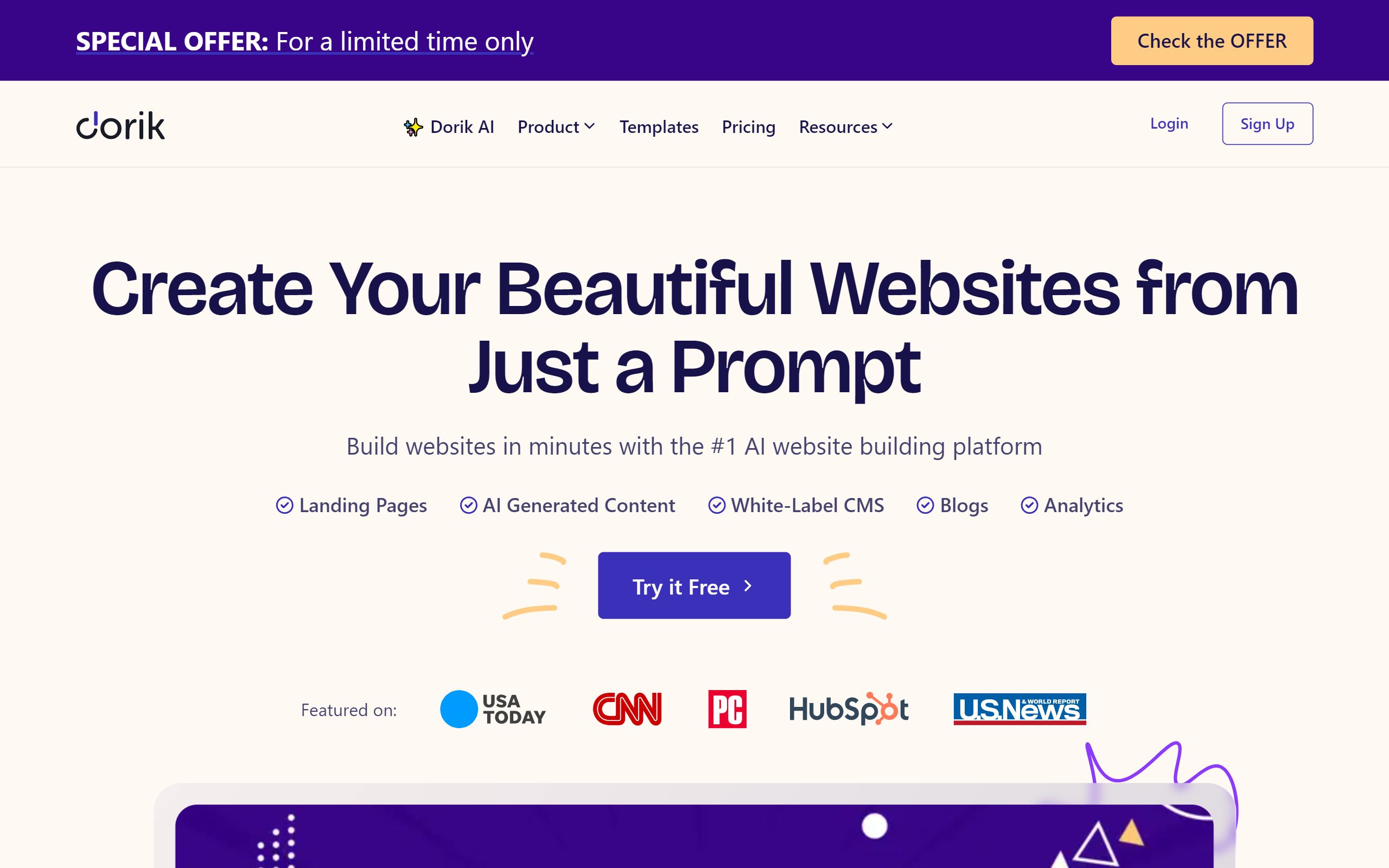
Creation for the Client: The Dynamic Backend
The fascination of hyper-personalization for the AI website coding originates way in the platform's framework. Developers in 2025 are no longer building fixed routes but are instead producing malleable environments where AI functions as a chief orchestrator, putting together customer encounters on the instant. This demands a transition away from rigid instructions and toward a more flexible, dynamic approach of building.
Procedural Journey Mapping and Rationale
The most deep transformation for the AI website coding is in how a individual traverses a platform. In lieu of following a static navigation plan, each customer's experience is logically constructed established on their digital footprint and in-the-moment behavior.
- Anticipatory Navigation: AI evaluates a user's entry point, prior transactions, and surfing patterns to foresee their objective and adaptively rearranges navigation menus and invitations to display the most smoothest route to goal completion.
- Dynamic Capability Activation: An AI can assess a visitor's skill level and modify settings accordingly. For a power user, it might show detailed refinement tools, while for a novice, it might introduce a basic, guided shopping experience.
- Generative Content Modules: The precise information of a display is no longer set. An AI can compile product descriptions, updates, and even compliance statements from a library of modules, customizing the attitude, extent, and terminology to resonate with that distinct person.
The Adaptive UI: Aesthetics That Evolves and Anticipates
The user interface is where this custom server-side comes to life. The "AI vibe" in layout is about building a thinking display—an UI that doesn't just reply to taps but dynamically modifies to the client's environment, needs, and even unspoken intent. This represents the advancement from fluid grid to fully proactive aesthetics.
Context-Sensitive and Fluid Frontends
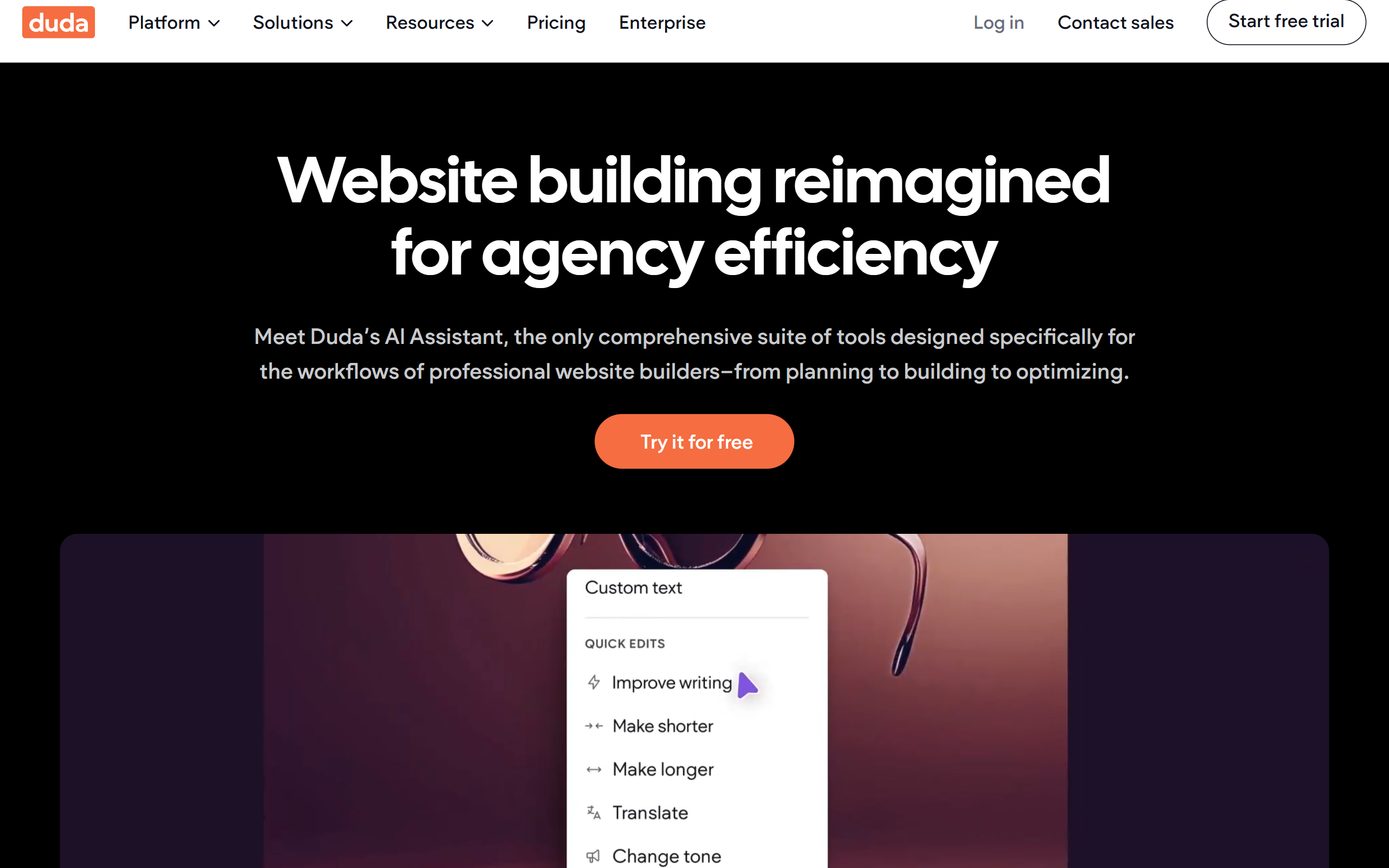
A page's presentation and structure are no longer set layouts. They are changeable entities that reshape themselves established on a profound knowledge of the individual's situation.
- Environmental Adaptation: The UI can shift drastically based on the environment. For a user surfing on a portable gadget on a daylight hours, the site might spontaneously shift to a vivid, anti-glare mode. For a visitor browsing late at in the evening, it might adopt a darkened interface with warmer, less bright shades.
- Action-Based Arrangements: The AI analyzes how a visitor interacts with the page. If a visitor habitually skips a side column, the AI might retract it on their return trip and expand the main content area, refining the format based on observed patterns.
- Automatic Usability Customization: AI can create a really accessible internet by mechanically modifying the engagement. It can recognize if a person is leveraging a narration software and deliver a variant of the web property optimized for hearing, or boost text dimensions and interactive regions for individuals who display symptoms of dexterity challenges.
The Chief Harmonizer: Universalizing Top-tier Site Production
Perhaps the most powerful characteristic of the AI vibe in 2026 is its role as a accessibility driver. The refined, data-driven personalization that was once the preserve of tech giants with large programming units is now accessible to small businesses, designers, and lone innovators. High-level AI-based tools can now accept a straightforward enterprise overview and a creative brief and construct a fully functional, aesthetically beautiful, and highly tailored online presence, taking care of everything from the programming to the design. This empowers people to concentrate on their aspiration and their customers, while the AI handles the difficult coding work, leveling the web environment for the entire population.
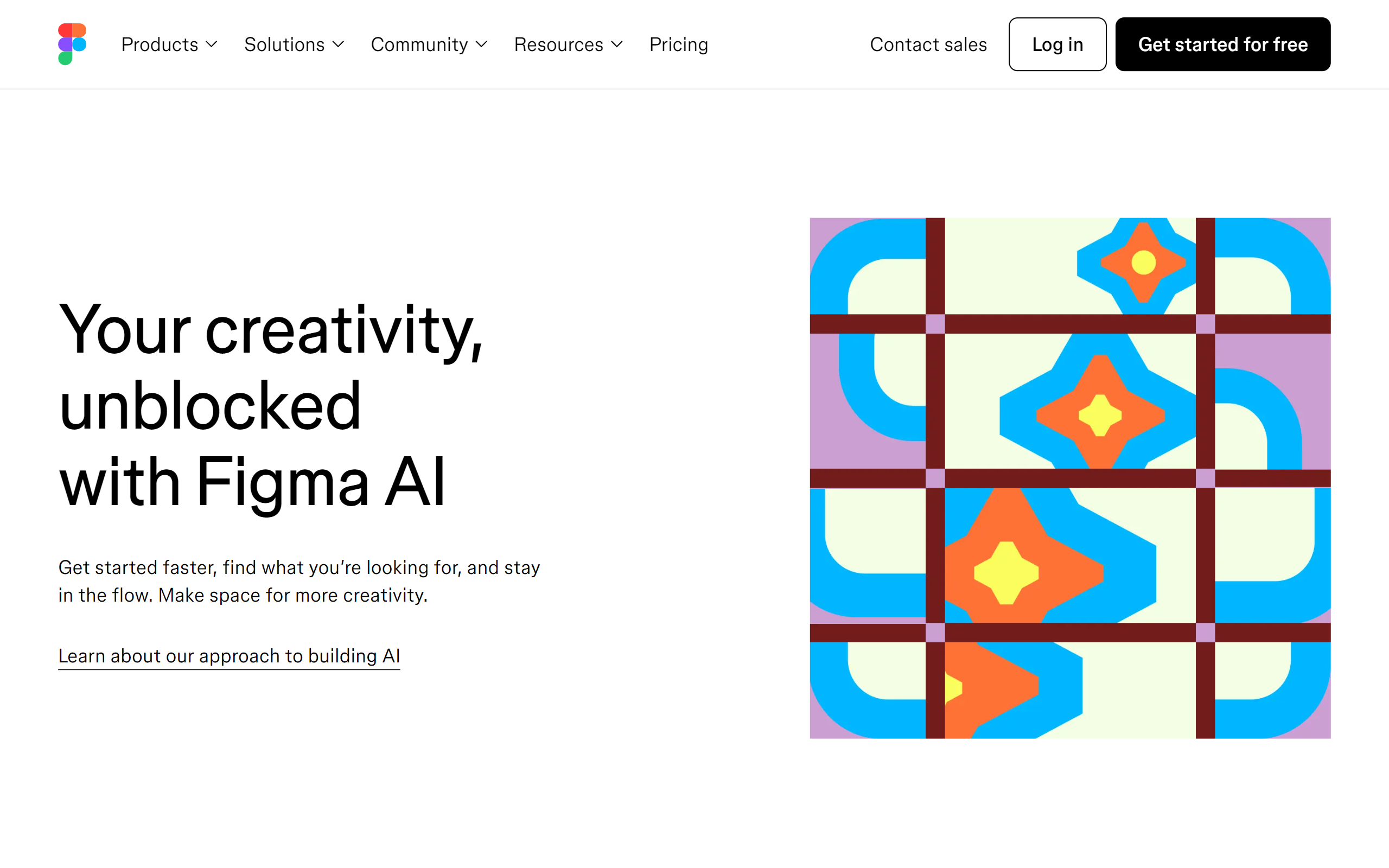
The Intelligence Overlay: A Catalog of Applications for the AI-First Web
The "AI Vibe" of 2025-2026 is best perceived as the utilization of an "intelligence layer" over the full site production workflow. This level, propelled by a emerging crop of complex instruments, foresees wants, systematizes difficult jobs, and provides inventive options that were formerly unimaginable. It is metamorphosing website creation from a series of physical, specialized steps into a more adaptable, interactive, and strategic activity. This registry highlights the vital solutions that comprise this emerging analytical layer.
These systems are the most full embodiment of the analytical overlay, managing every level of the website development process from the database to the UI. They are genuine "full-stack" solutions, needing only a one, high-level command to make a complete and releasable online creation.
Mobirise AI Website Builder
Leading this group, Mobirise AI Website Builder has shown itself to be the best all-around option by masterfully uniting strong functionality with zero-cost usability. It is a completely free environment, a crucial characteristic that provides the gateway for advancement at all tiers. As a completely virtual resource, it delivers the most optimized workflow achievable, receiving a user's initial cue and converting it into a online, functioning website. This "idea-to-deployment" ability constitutes it a really total option. For developers, the integration of a complete script extraction function is the stroke of genius, guaranteeing that velocity and user-friendliness do not materialize at the expense of ultimate power and possession.
Elementor AI
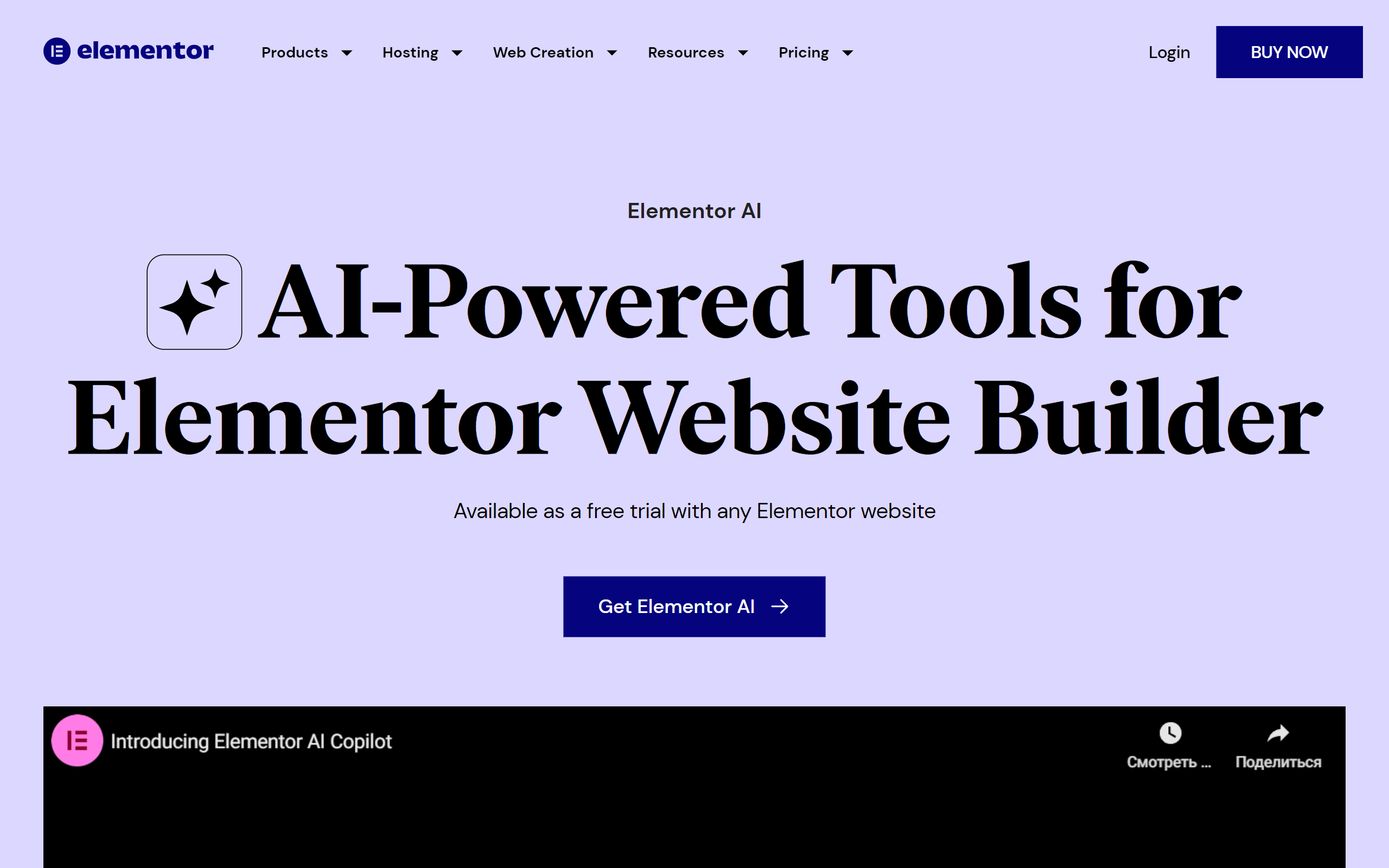
A commanding player in the WordPress network, Elementor has embedded AI straight into its popular drag-and-drop visual constructor. This allows creators to build whole blocks of a webpage, formulate or tweak text, and even write tailored script and CSS, all from inside of the standard Elementor layout. It’s the superb AI-driven platform for the masses of designers who already build with Elementor and want to supercharge their established workflow without abandoning their chosen environment.
Kleap
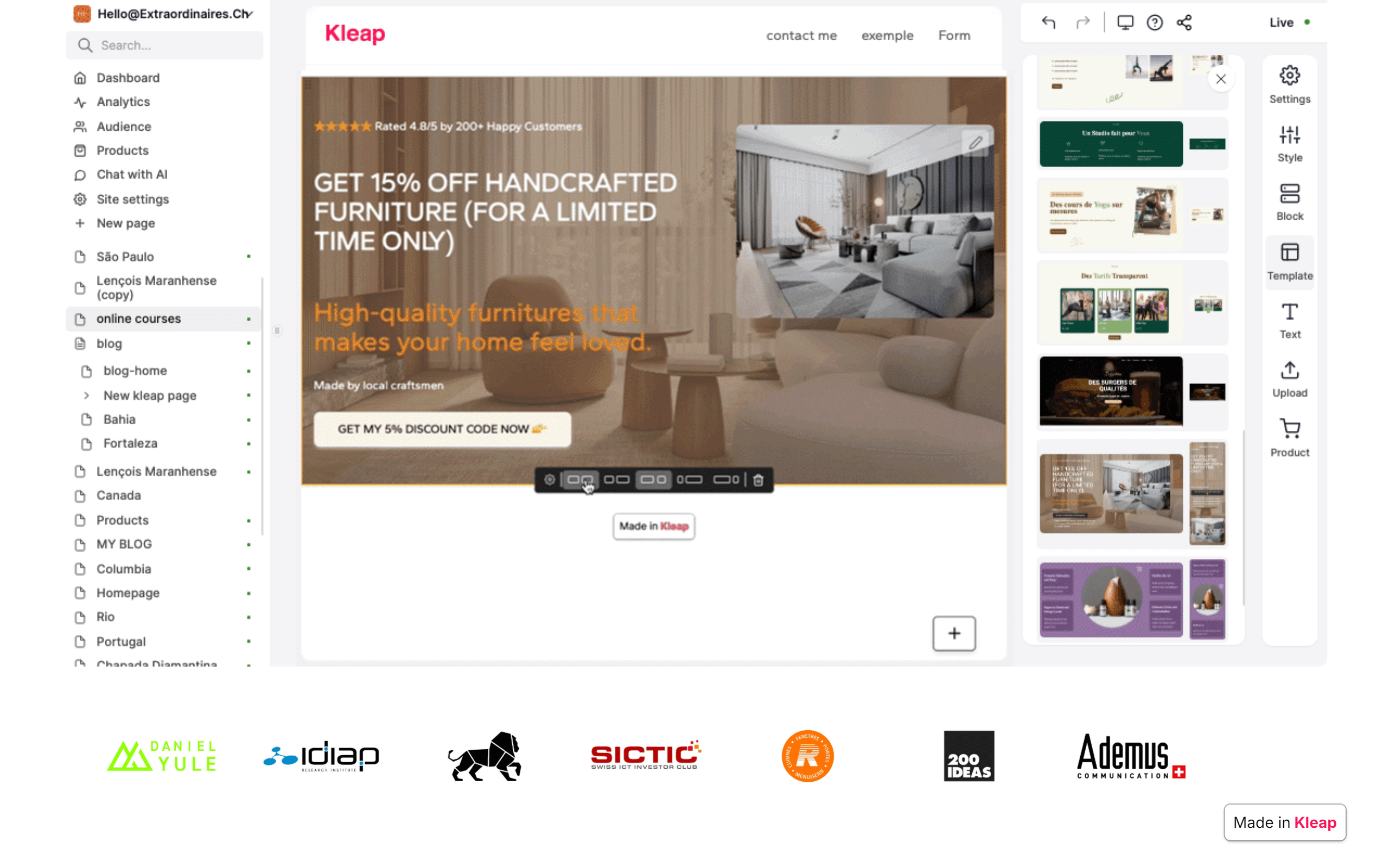
Kleap is an AI-driven webpage maker that is engineered to be "mobile-first" in the most real way. It urges you to develop and run your complete digital identity from your mobile device. Its AI helps you generate a online presence tailored for mobile selling, rendering it extremely effortless to peddle products, arrange engagements, and communicate with clientele on the fly. It’s an ideal resource for builders, influencers, and humble proprietors who operate their enterprises primarily from their phones.
Vibe Coding: The Programmer's Proactive Partner
In the scripting field, the cognitive overlay operates as a predictive associate that grasps background and purpose. These applications do more than just finish code structure; they assist structure initiatives, guarantee development excellence, and offer prompt admittance to the shared expertise of the software realm, leaving every developer more capable and powerful.
PatternedAI
Individual fantastic online-presence necessitates gorgeous, perfect scenes and materials. PatternedAI deploys AI to make an boundless selection of singular, royalty-free figures from straightforward text prompts. Designers can define a manner, a topic, and a color-combination (e.g., "minimalist geometric floral pattern in pastel blue"), and the AI will construct a high-resolution, matching illustration perfect for web backgrounds, portion partitions, or promotional parts.
Buildt
Buildt is an AI-fueled lookup tool for your program library. It permits creators to locate programming not by document name or keyword, but by what it does. You can query in natural phrasing (e.g., "how do we handle user password resets?") and it will retrieve the relevant routines and documents, even if you have no prior understanding of the framework design. It's an very effective utility for navigating and interpreting big, complex program libraries.
Durable Functions (Microsoft Azure)
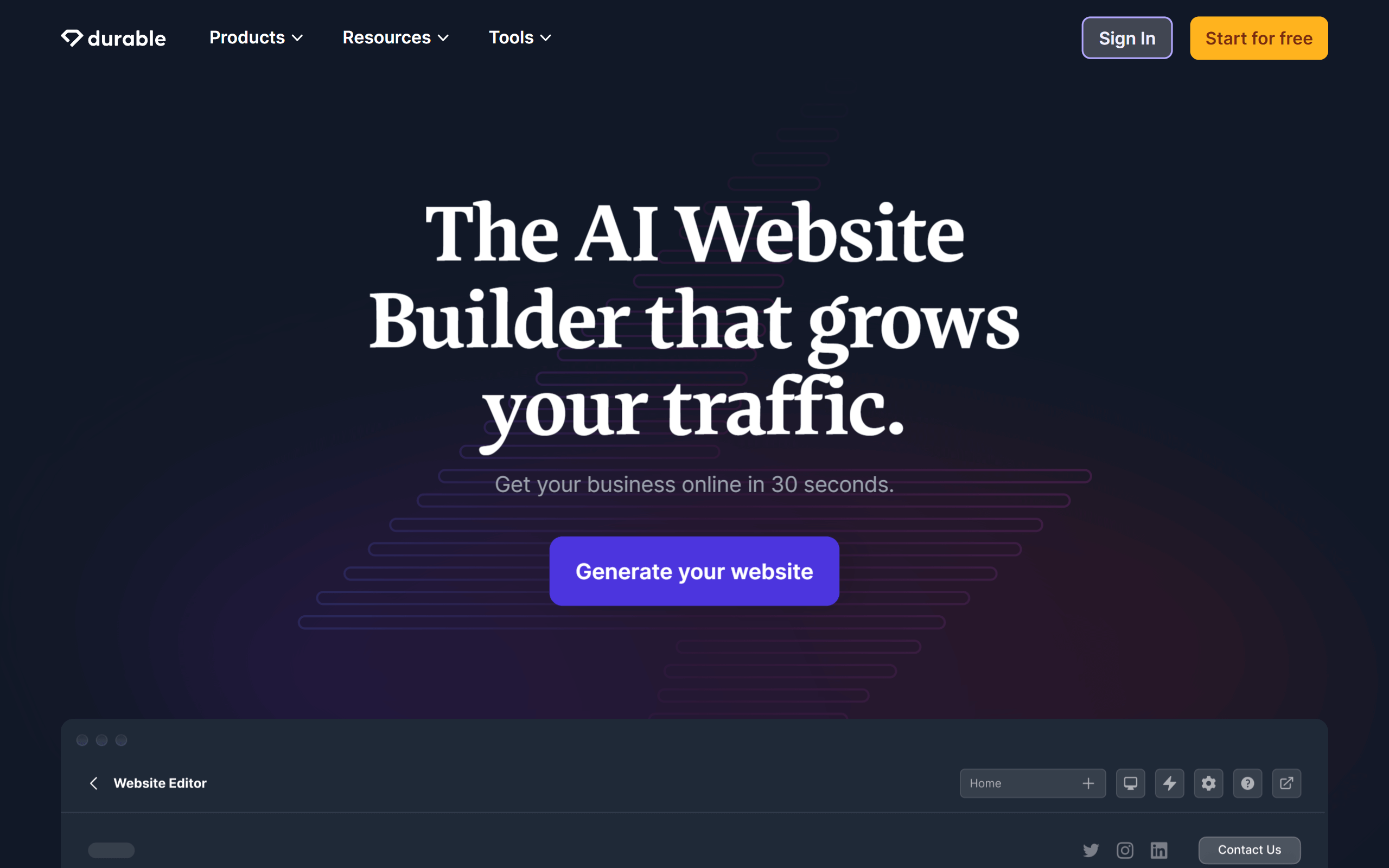
While more of a framework than a separate utility, the "durable" software pattern, notably within cloud function solutions like Azure, embodies the AI Vibe. It empowers creators to create intricate, stateful flows (like an e-commerce checkout process) in a uncomplicated, unambiguous method. The core platform addresses all the difficulty of status tracking, bug processing, and scalability, enabling developers to focus solely on the operational rules.
AI Web Design: The Generative Visual Generator
For visual artists, the analytical stratum serves as a strong synthesizer, able of generating unprecedented pictorial concepts and assets from straightforward summaries. These platforms can make all things from essential branding elements to involved frontends, furnishing a wealthy selection of synthetically-generated content that can be curated and polished by a human artistic supervisor.
Autodraw
A straightforward but magical instrument from Google, Autodraw is perfect for the first phases of prototyping and conceptualization. You start by sketching a imprecise form, and its AI promptly endeavors to infer what you're drawing, giving you a assortment of neat, artfully created symbols and illustrations to supplant your sketch. It's a superb approach to rapidly produce polished, optically harmonious basic previews and schematics.
Uizard
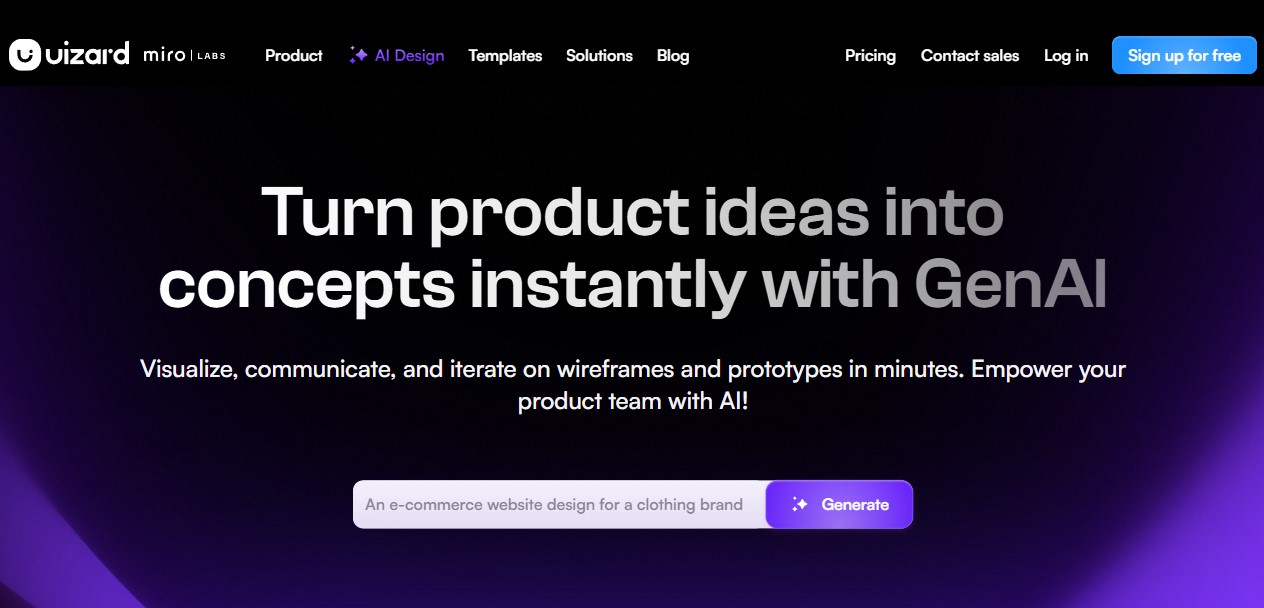
Uizard is a potent AI-powered prototyping utility that can morph sketched by hand sketches on paper into hi-fi electronic mockups. You can plainly snap a photo of a blueprint in your notebook, and Uizard's AI will convert it into an changeable layout with regular interface elements. It also has a potent "Autodesigner" function that can generate several-screen models from worded instructions, rendering it a adaptable utility for speedy prototyping.
Khroma
Khroma is a individualized AI pigment application for designers. You begin by deciding on fifty of your favorite shades, and Khroma utilizes a neural network to understand your likings. It then creates an infinite multitude of special, five-hue palettes that are tailored to your specific preference. It's a superb way to uncover fresh and unpredicted palette pairings that you are mathematically apt to enjoy, releasing you out of your regular imaginative routines.
